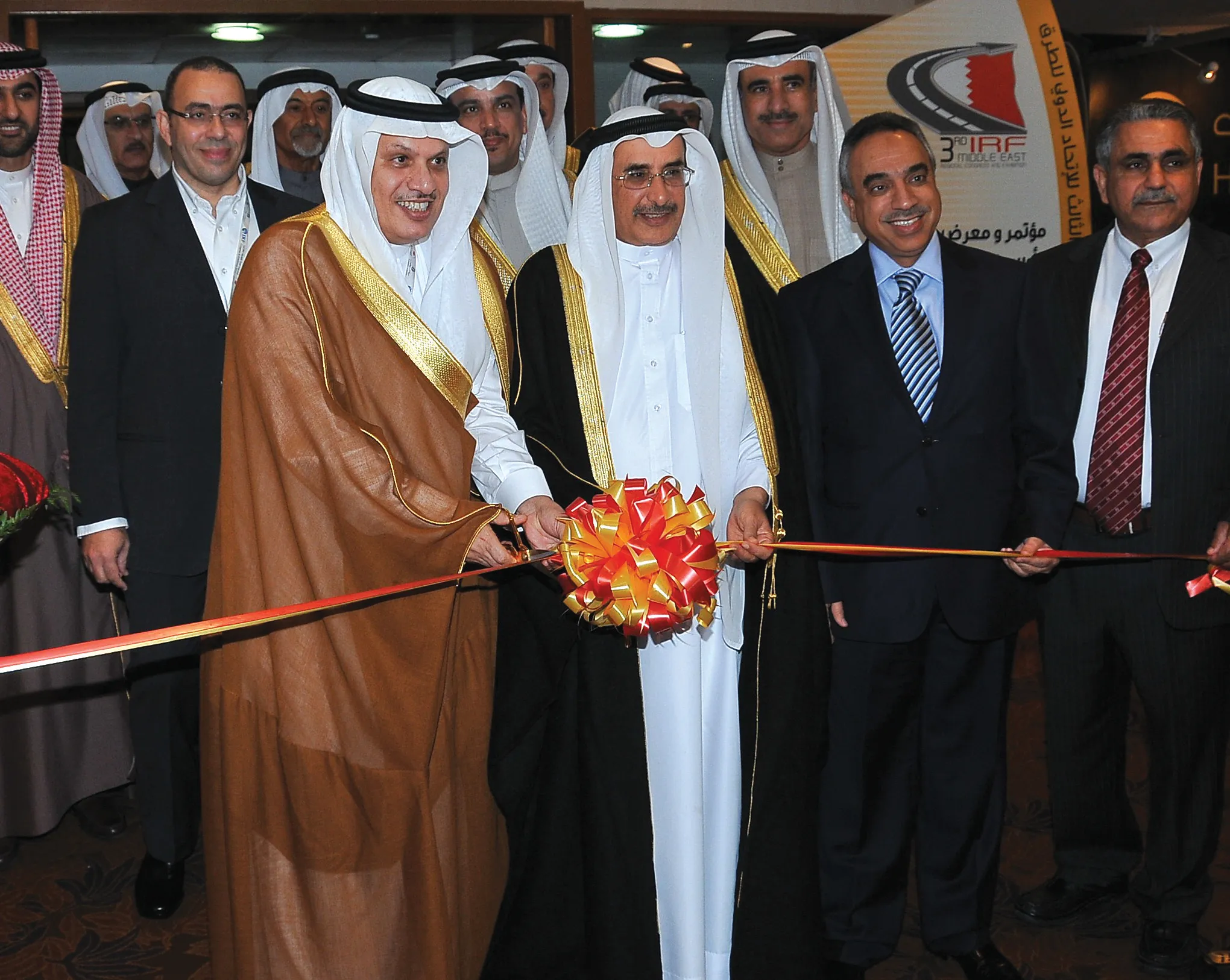The world's leading manufacturers of heavy-duty commercial trucks and engines have called for further progress in regulatory harmonisation and closer cooperation among European, North American, and Japanese regulators in order to improve energy efficiency and reduce fuel consumption associated with on-road freight transport.Meeting in Tokyo, the chief executives of more than ten global truck and engine manufacturers discussed key issues facing their industry, including fuel efficiency improvements, reductio
April 26, 2012
Read time: 2 mins
The world’s leading manufacturers of heavy-duty commercial trucks and engines have called for further progress in regulatory harmonisation and closer cooperation among European, North American, and Japanese regulators in order to improve energy efficiency and reduce fuel consumption associated with on-road freight transport.
Meeting in Tokyo, the chief executives of more than ten global truck and engine manufacturers discussed key issues facing their industry, including fuel efficiency improvements, reductions in greenhouse gas emissions, diesel fuel specifications, and issues related to heavy-duty engine and vehicle regulation and certification.
Chaired by Satoru Takeuchi, president of5292 UD Trucks Corporation and Chairman of the Japan Automobile Manufacturers Association’s Heavy Vehicle Committee, this was the chief executives’ ninth meeting to discuss global issues and recommend solutions to the critical challenges facing commercial vehicle manufacturers.
Summarising the meeting, Takeuchi stated “In addition to their successful efforts to overcome the economic crisis, heavy-duty engine and vehicle manufacturers are also making clear progress in exhaust emission reductions and fuel efficiency improvements. We confirmed that accelerating efforts aimed at harmonisation of test procedures and standards are needed to advance the global objective of GHG reductions. The best approach to reach this objective is for governments and industry to work together.”
Meeting in Tokyo, the chief executives of more than ten global truck and engine manufacturers discussed key issues facing their industry, including fuel efficiency improvements, reductions in greenhouse gas emissions, diesel fuel specifications, and issues related to heavy-duty engine and vehicle regulation and certification.
Chaired by Satoru Takeuchi, president of
Summarising the meeting, Takeuchi stated “In addition to their successful efforts to overcome the economic crisis, heavy-duty engine and vehicle manufacturers are also making clear progress in exhaust emission reductions and fuel efficiency improvements. We confirmed that accelerating efforts aimed at harmonisation of test procedures and standards are needed to advance the global objective of GHG reductions. The best approach to reach this objective is for governments and industry to work together.”







